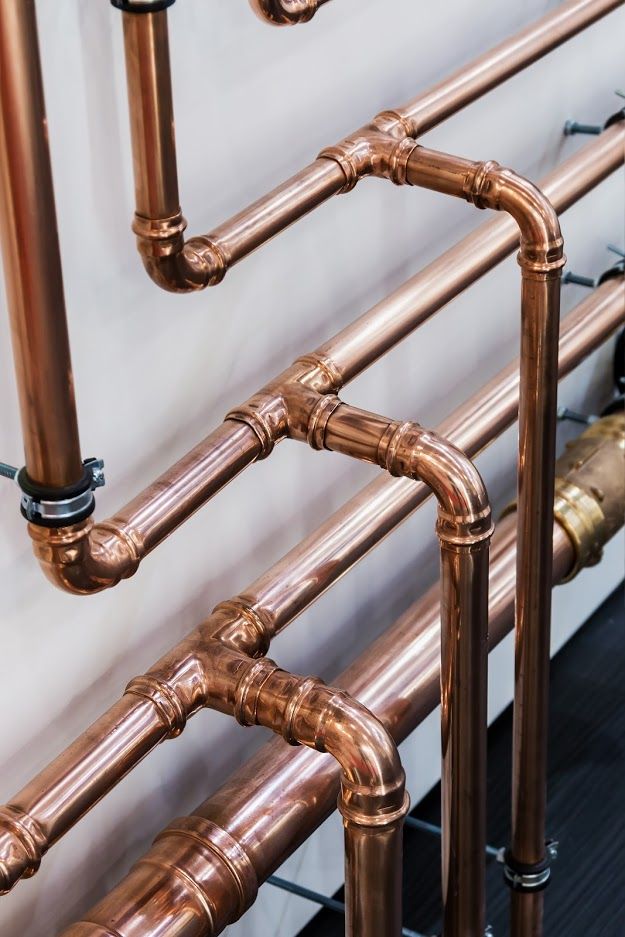 As a homeowner, you must know how plumbing water supply lines work. This will allow you to detect problems, accurately describe issues to contractors over the phone, and competently deal with emergencies and other problems.
As a homeowner, you must know how plumbing water supply lines work. This will allow you to detect problems, accurately describe issues to contractors over the phone, and competently deal with emergencies and other problems.
Below, we cover what a water supply line is and the basics you need to know about supply lines in your plumbing system.
What is a Supply Line in Plumbing
A supply line, or a water supply line, is a metal or plastic line that helps transfer water from the main line to essential home fixtures, including showers, sinks, and toilets.
The Location of Water Supply Lines
First, water supply lines aren’t just found behind each sink. They also lead to your water heater and, from there, to every hot water tap, showerhead, dishwasher, and washing machine in your home. Outdoors, you likely also have freshwater lines that lead to an outdoor faucet to water your lawn and garden.
The Function and Materials of Water Supply Lines
Water lines sound simple enough: they simply carry fresh water from the source to wherever you need it. However, the demands on the water pipes mean that each pipe's material, size, and thickness are critical.
For example, different types of piping are better for some water line applications than others. While some plastic piping, such as PEX pipes or CVPC, can be used for hot water, PVC is unsuitable for hot water lines. For this reason, you may have multiple materials in your home for freshwater line piping, such as some copper and some plastic pipes.
Water Quality and Water Supply Line Performance
You’d think your water supply pipes would stay clean on the inside since they only ever have clean water running through them. However, even drinking water may allow buildup on the insides of the pipes, which can affect their performance. For example, hard water can cause limescale buildup, reducing pipe diameter and water pressure.
Another potential contaminant is iron bacteria. Iron bacteria can produce a slimy substance that builds up in pipes and fixtures, reducing their performance. Your plumber can help you diagnose and treat this problem.
Other Common Water Supply Line Problems
Because of the pressurized water inside them, old or faulty water supply pipes can sometimes spring a leak that causes flooding very quickly. Water lines are also susceptible to freeze damage and bursting since they’re full of water on a regular basis (unlike drain lines), and water expands when it freezes.
Pipes can also sometimes cause problems, such as contaminating the water supply. If your supply lines are over a few decades old, ask your plumber to check that they aren’t galvanized pipes or some other material that could contaminate your water.
Your water supply lines can also experience less dramatic problems. For instance, a slow leak may develop if a water line connection isn’t quite tight enough. While it doesn’t cause much damage all at once, a slow leak can be very insidious and could cause water damage over time.
Water Supply Line Considerations for Private Well Owners
If you have a private well rather than a connection to municipal water, you must ensure your water supply doesn’t become contaminated. If it does, it could affect your water supply lines.
For example, unpleasant air bubbles could form in the line if the pump takes on air due to loose valves or low water levels. So, if you have a private well, be sure to have it and the water lines regularly maintained.
These basics will help you understand the water supply lines that carry fresh, hot, and cold water throughout your home. For more information about professional maintenance, inspections, or repairs for any part of your plumbing system, contact Valley Plumbing today.

